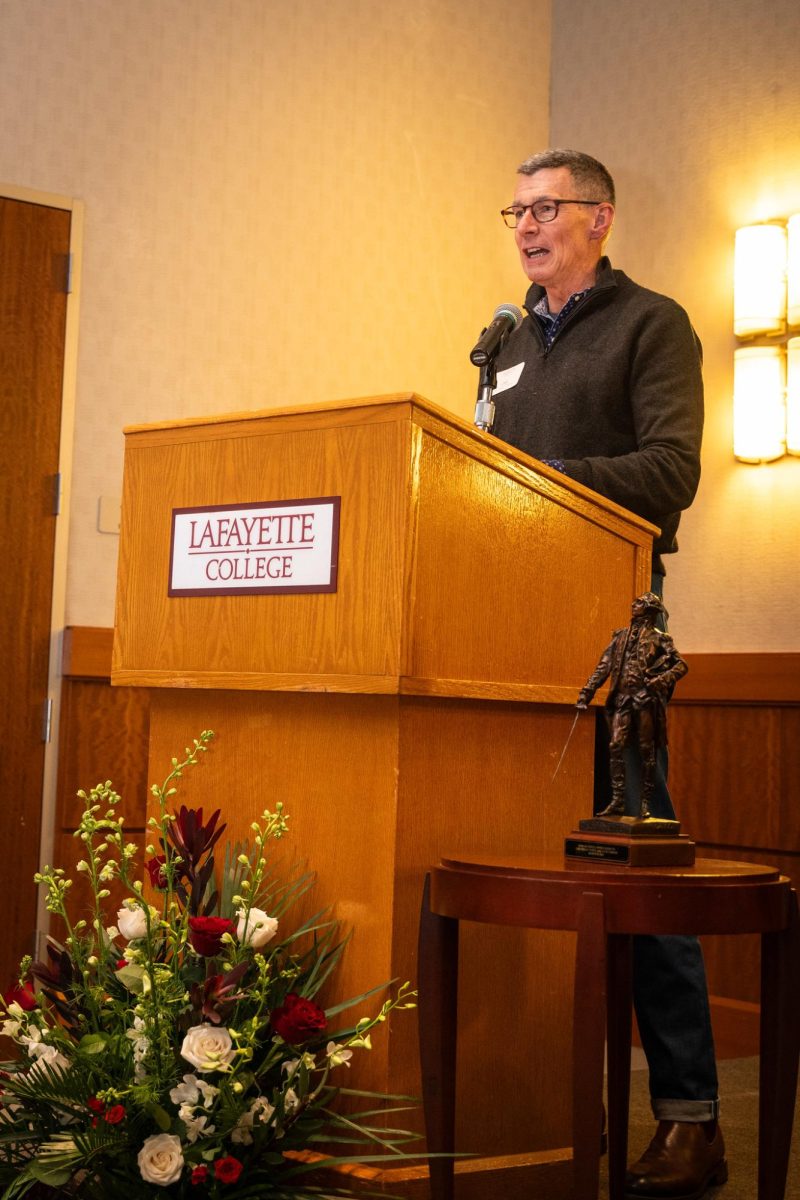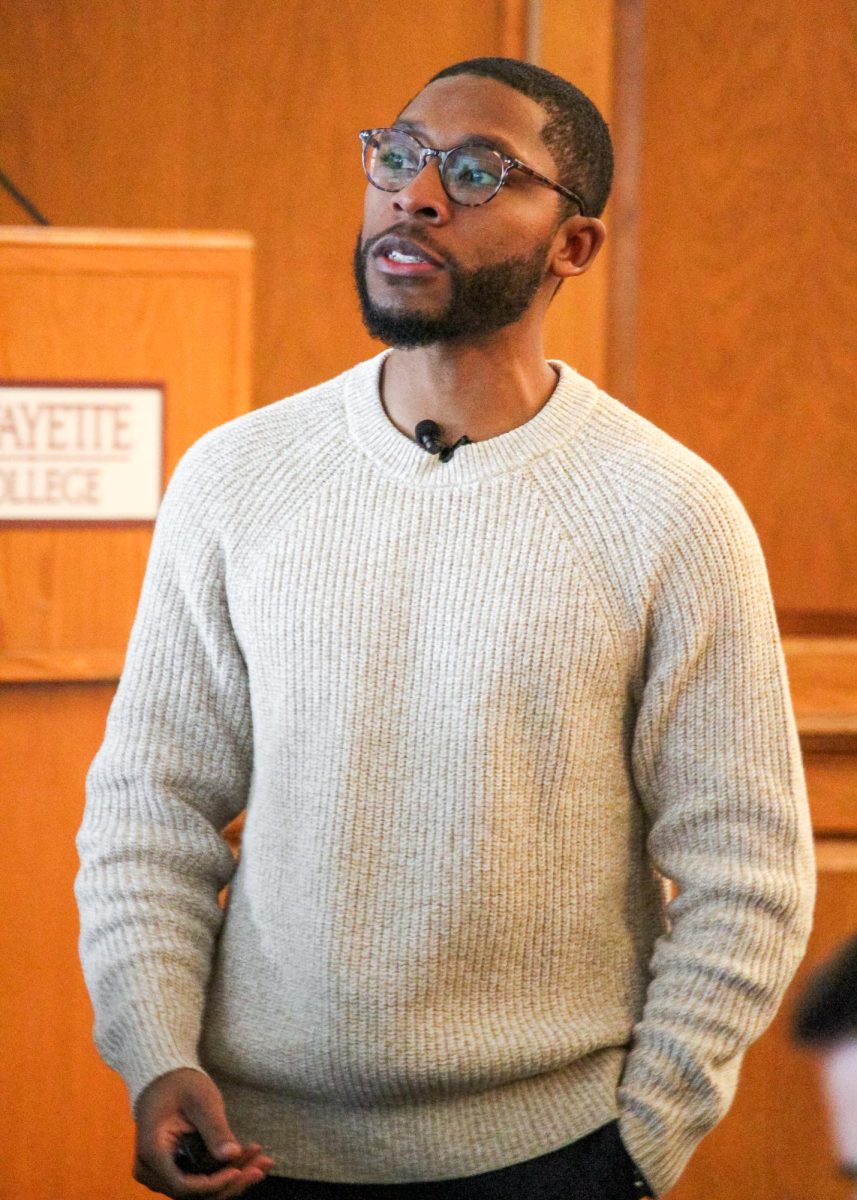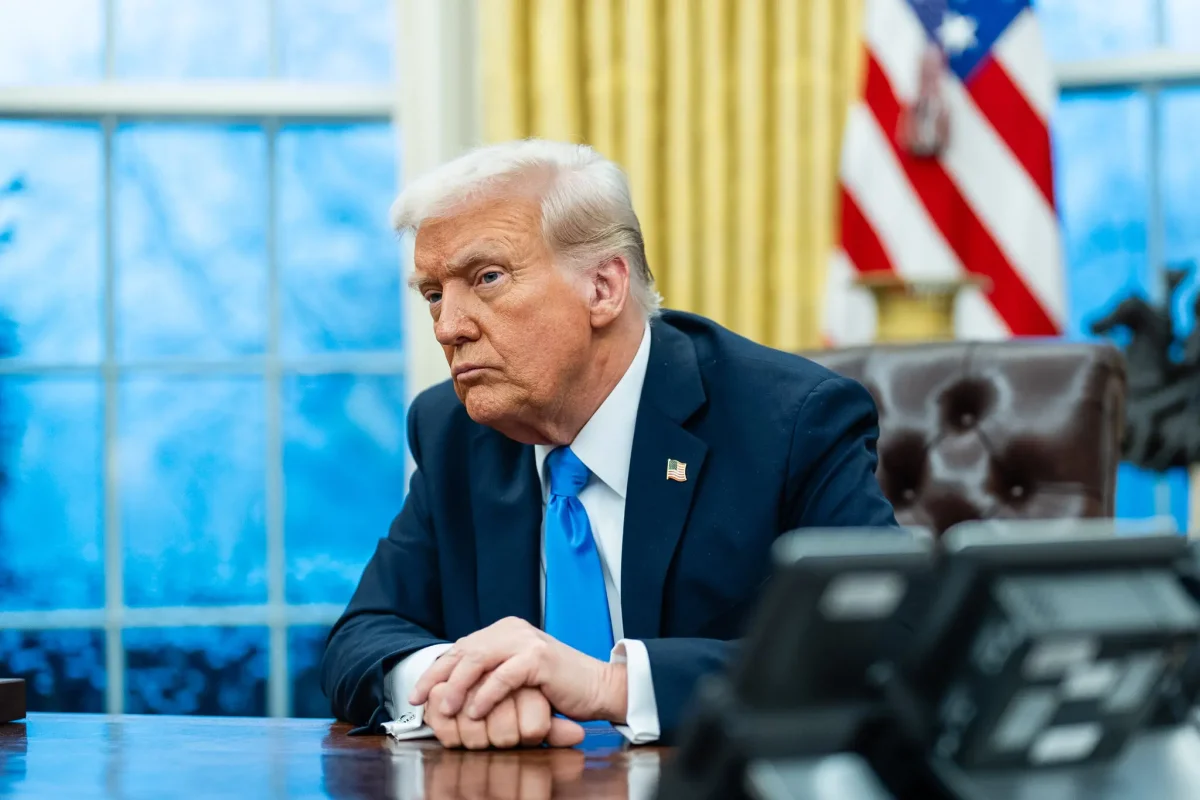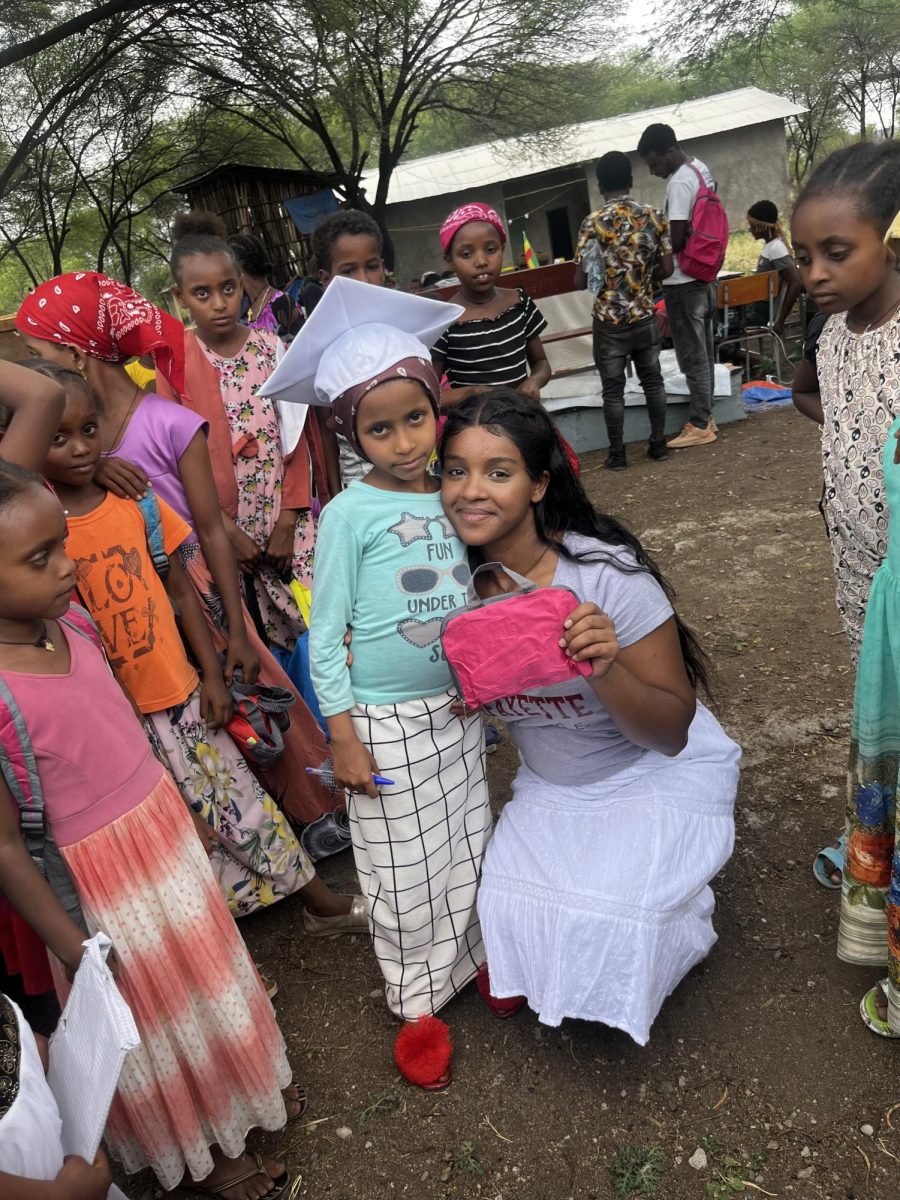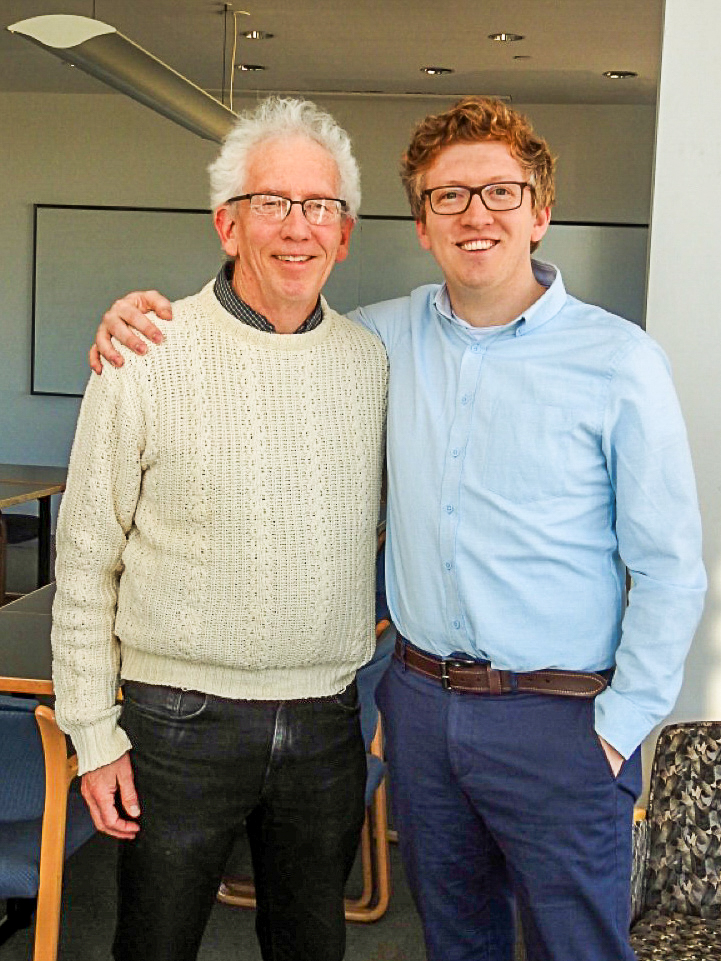For over a year, the U.S.and a coalition of allied states have been engaged in an airborne assault to “degrade and destroy ISIL” in the words of President Obama. Despite over 8,000 strikes, and the recent deployment of special ops on the ground in Syria last month, the attacks in France demonstrate how little headway the current strategy has made in degrading or destroying the so-called Islamic State. What occurred in Paris certainly may turn out to be a lone wolf attack, conducted without explicit direction from IS headquarters.
But, fundamentally,Friday’s attack demonstrated the inability of countries to contain the terrorist threat emanating from the IS’s base of power in Iraq and Syria. The symbolic legitimacy the self styled caliphate enjoys by holding such a broad swathe of territory cannot be understated. Along with the slick Hollywood style propaganda videos the group produces, IS’s trappings of statehood continues to attract more foreign fighters to its ranks.
While the air war against IS hasn’t significantly degraded the group so far, a revival of the Bush-era strategy of foreign invasion, state building and counterinsurgency, as some on the American right have called for, isn’t a viable option. Aiding Assad in his battle against jihadists isn’t a choice either, as Western democracies see the dictator as responsible for the civil war that has engulfed his country. The U.S. armed the forces of the Iraqi state, but lost significant resources when the Iraq’s army fled during IS’s largest advance last year. The U.S. also has misgivings about how the arms it provides the Iraqis get distributed along sectarian lines, with Shiite militias dominating in the southern front against IS.
Another complicating factor is Russian President Vladimir Putin’s ongoing assault on mostly non-IS aligned rebels in Syria in support of Assad. The Russian incursion signals the death knell of the miniscule assemblage of moderate Syrian rebels the U.S. had trained and armed to battle IS, and eventually Assad.
The incredibly complex situation on the ground in Iraq and Syria in particular has led to an apparent series of policy-making dead ends. It’s clear that a re-thought war-making strategyis needed. The new strategy necessary to defeat IS doesn’t rely on a foreign, occupying army or the arming of a brutal dictator. Instead, it requires the empowerment of a vetted, indigenous force in Iraq and Syria—one that is secular and shares the values of liberté, égalité and fraternité: the Kurds.
The ethnic group has done the most on the ground fighting against IS so far, and has made the greatest gains. This week Kurdish forces in northern Iraq liberated the town of Sinjar from IS with the help of American air strikes. The People’s Protection Units, or YPG, in Syria, and the Peshmerga, the army of Iraqi Kurdistan have been aided by American air power, but only provided small arms and other light weapons so far. The primary concern with arming the Kurds has been due to NATO member Turkey having dealt for decades with a simmering Kurdish insurgency in it’s southwest.
But Turkish concerns need to be put into a global security perspective.Turkey has demonstrated a complete unwillingness to attack IS in Syria and Iraq andno other regional force has the capability or the willingness to eradicateIS aside from the Kurds.No foreign army or air force has the ability to be as effective. If we’d like to see a world free of the scourge of the self styled caliphate, the U.S. and allied countries should provide the Kurds with tanks, drones, heavy weapons, medical resources and body armor.





















